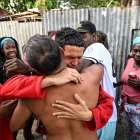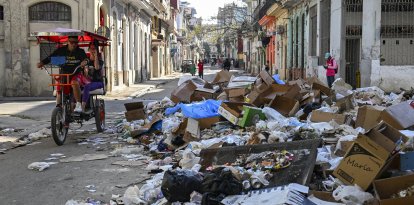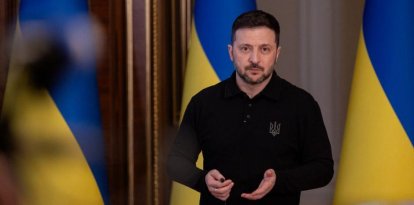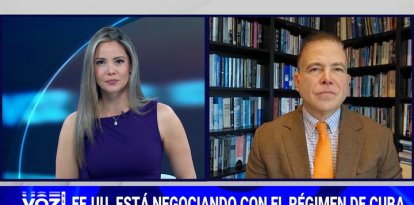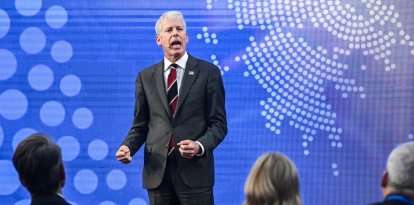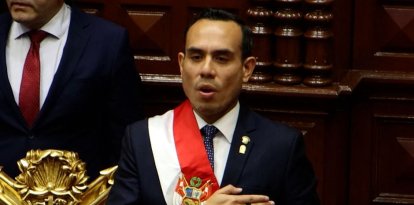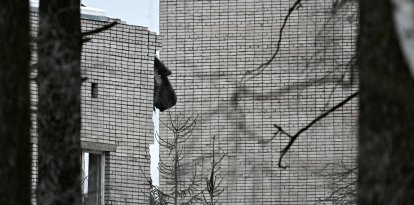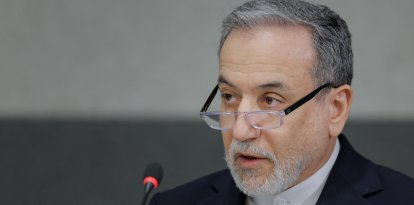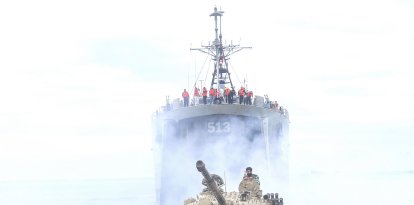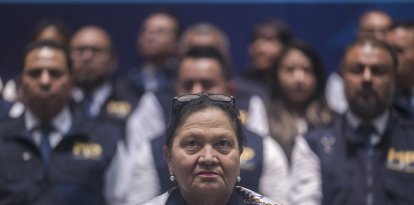The Cuban regime revokes the parole of dissidents José Daniel Ferrer and Félix Navarro
"This fact constitutes one more sign of the climate of political persecution and harassment faced daily by those who raise their voices for freedom and democracy in Cuba," the Council for Democratic Transition in Cuba said in a statement.

José Daniel Ferrer
Cuba's Supreme Court announced Tuesday that it had revoked the conditional freedom granted in January to two prominent dissidents: José Daniel Ferrer and Félix Navarro.
The Supreme Court stated in a press release that the Justice Department revoked "the conditional release of two sanctioned, from the group of 553, who failed to comply with the provisions of the law during the probation period to which they were subject."
The court emphasized that Ferrer, leader of the Patriotic Union of Cuba (UNPACU), a prominent opposition group on the island, failed to attend two appointments with an execution judge as required by the provincial court in Santiago de Cuba, where he resides.
"Not only did he not show up, but he made it known through his profile on social networks, in flagrant defiance and non-compliance with the law, that he would not appear before the judicial authority," the Supreme Court specified.
A court in the province of Matanzas also revoked the conditional release of dissident Felix Navarro, citing that "in blatant disrespect to the law, on 7 occasions he left his municipality, without requesting authorization from the enforcement judge."
Meanwhile, the Council for Democratic Transition in Cuba said in a statement obtained by VOZ that "during the operation, the headquarters of UNPACU was completely ransacked, in a repressive and arbitrary act that demonstrates the systematic deterioration of human rights on the island."
"This fact constitutes one more example of the climate of political persecution and harassment faced daily by those who raise their voices for freedom and democracy in Cuba," it added.
The release of the Cuban dissidents
On March 11, Havana announced that it had completed the process of releasing the 553 prisoners.





